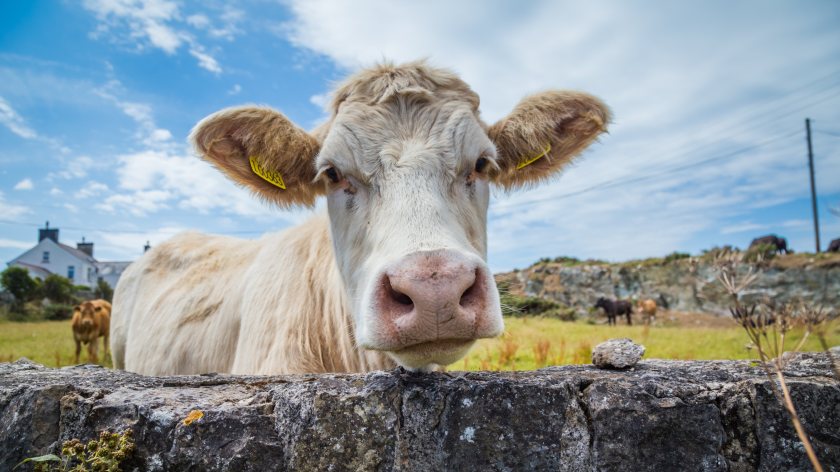
Welsh farm leaders have welcomed new changes that will be made to Wales' on-farm slaughter policy for bovine TB reactors.
Cabinet Secretary Huw Irranca-Davies has today (17 May) confirmed that he will accept the recommendations from the Bovine TB Technical Advisory Group’s (TAG) in full.
This means farmers will be able to choose to delay the slaughter of heavily pregnant bTB reactor animals until after calving.
And there will also be the option to delay reactor removal if the animal is very close to the end of a drug withdrawal period.
In addition, a working group, which will include representatives from farming and the veterinary profession, will be created.
Mr Irranca-Davies said this will explore further policy changes related to the on-farm slaughter of reactor animals, including those that are within a medicine withdrawal period.
NFU Cymru TB Focus group chairman, Roger Lewis, welcomed the changes, adding that the on-farm slaughter of bTB reactors "causes untold distress" to farming families.
"It is welcome news that the Cabinet Secretary has listened to our concerns and has accepted the recommendations from the Bovine TB TAG to make changes to this policy."
In the union's evidence it put forward to the Bovine TB TAG on this area, it set out five recommendations.
These sought to minimise the practice wherever possible and encourage Welsh government to look at alternative approaches which could be employed to reduce the policy’s traumatic impact, without risking disease control.
Mr Lewis said it was welcome to see Welsh government commit to progressing all five areas the union had suggested, albeit on varying timescales.
“In the short term, we are pleased to see the Cabinet Secretary agree that farmers should have the choice to delay, subject to biosecurity conditions being met, the slaughter of heavily pregnant animals until after they have calved.
"The feedback we received from members up and down Wales unanimously confirms that it is the on-farm slaughter of these animals that cause the most distress."
The majority of on-farm slaughter cases are due to cattle testing positive for bovine TB whilst under medicated withdrawal periods.
Slaughtering also occurs on farmyards when cows are heavily pregnant or within the first week post-calving and are not permitted to be transported off farm under animal transport regulations.
However, figures show that on-farm slaughter is only part of the picture. In Wales, farmers continue to see around 10,000 cattle slaughtered annually because of bovine TB.
Last year, there were more farms operating under TB restrictions and more new breakdowns than in the previous year.
The Farmers' Union of Wales (FUW) said that while today's news was welcome, the actions should be implemented as soon as possible to reduce the occurrence of on-farm slaughter.
Dai Miles, FUW deputy president said: “The effects of this process has a long-term detrimental impact on the health and wellbeing of our farming families.
“However, we must not forget that the need to discuss the subject of alleviating the horrors of on-farm slaughter looks to remedy the symptom rather than address the root cause of the issue.
"This continues to be the abysmal track record of a long standing ineffective TB eradication programme in Wales."
